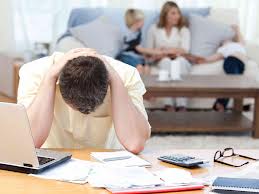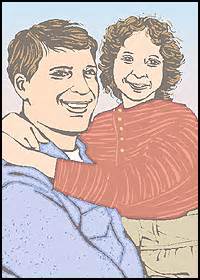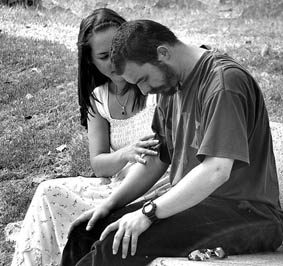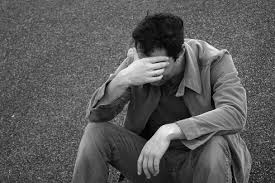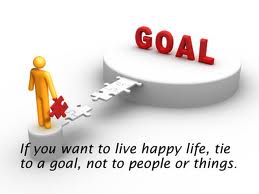If you have a mild case of depression, you may be able to treat your symptoms without turning to powerful medications. If you are going to attempt to treat your depression without meds, you must create a plan that you can follow. Without a plan, you will not succeed in making yourself feel better depression without meds. Use the guide below to begin forming a plan of your own.
How to Treat Depression without Meds
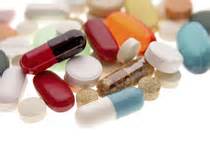 There are many people and situations that you should do your best to avoid. If there are people or certain situations in your life that are more stressful than others, do your best to remove them from your life. You do not need additional stress to deal with when you are fighting depression. Of course, you will not be able to cut everyone or everything out of your life that causes stress, but do your best to keep your exposure to a minimum.
There are many people and situations that you should do your best to avoid. If there are people or certain situations in your life that are more stressful than others, do your best to remove them from your life. You do not need additional stress to deal with when you are fighting depression. Of course, you will not be able to cut everyone or everything out of your life that causes stress, but do your best to keep your exposure to a minimum.
Get plenty of sleep each day. At least eight hours of sleep each night is best for everyone, but if you can manage another hour it would do you even better. If you allow yourself to become exhausted or unrested, you will have a more difficult time dealing with your emotions and with stress.
Start an exercise routine. Getting your blood pumping will help you get the natural antidepressants that your body produces flowing. Each day, go for a brisk walk, do an aerobic workout, run some stairs or hit the gym and you are sure to notice a difference in the way you feel when you are done.
Pay attention to what you are eating each day. If you are putting unhealthy foods in your body, you will not feel good. Do a bit of research to find the foods that doctors recommend to be natural mood elevators. Stay away from alcohol as much as possible. It is known to be a depressant and will only magnify your feelings of depression.
Take up a hobby or a sport that you are good at and stay involved with it. If you can find at least one thing that you are good at or that makes you feel good when doing it, you will have that thing to look forward to throughout the week. Join more than one group if you find that it is making a positive difference in the way that you feel. Staying busy will help you keep your mind off of the negative things that may be going on in your life.
Treat Depression Without Meds for Yoga
Learn some relaxation techniques such as meditation, yoga, or journalling can often help to treat depression without meds. If you can find a way to alleviate the stress that builds up each day, you are going to wake the next day feeling refreshed and ready for a new day. If you are uncomfortable in a group setting and cannot take a class, you can find easy how-to videos online that will walk you through the basics.
Many people instantly turn to medications when they learn that they are suffering from depression. Try using this plan to help rid yourself of the symptoms tied to your depression.

